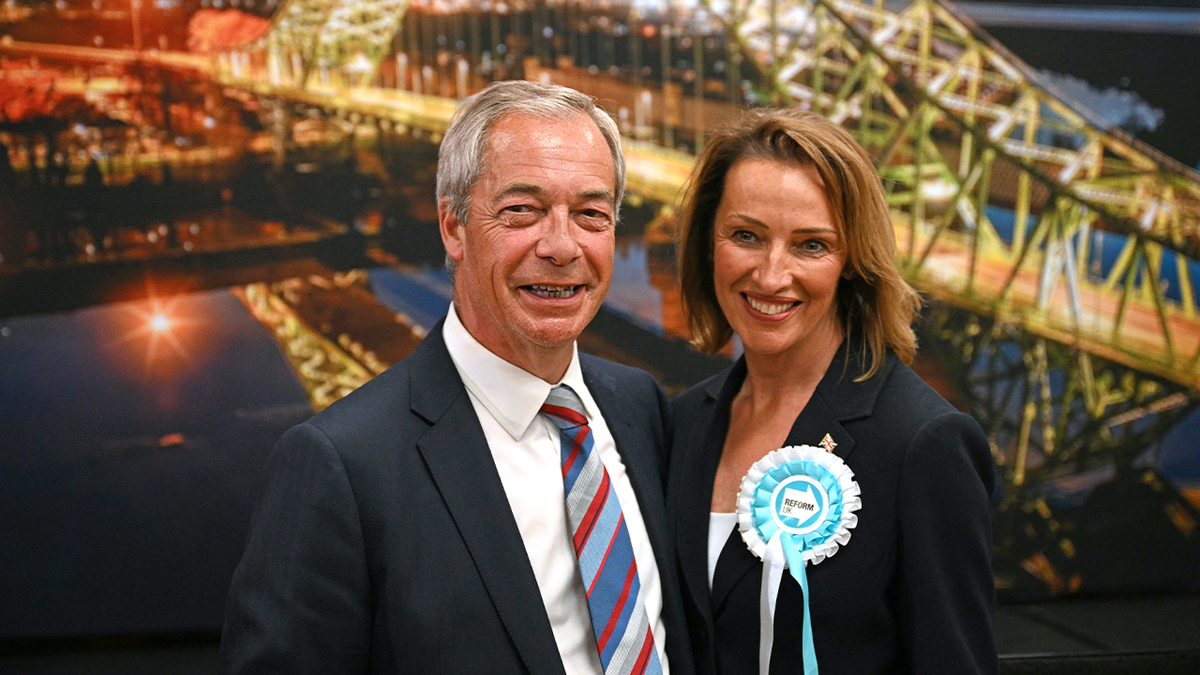Articles in this Cluster
04-05-2025
Australian Prime Minister Anthony Albanese has won re-election, becoming the first Australian prime minister to secure a second consecutive three-year term in 21 years. The Labor Party is projected to win 70 seats, while the conservative opposition coalition is expected to take 24 seats in the 150-seat House of Representatives. Opposition leader Peter Dutton conceded defeat, acknowledging that his party's campaign was unsuccessful. The election was marked by debates over energy policy and inflation, with Dutton's conservative party accused of adopting "American-style politics" similar to those of former US President Trump. Albanese's government has focused on improving relations with China and addressing a cost-of-living crisis in Australia. The US Secretary of State congratulated Albanese on his re-election, highlighting the strong alliance between the two countries.
04-05-2025
Anthony Albanese's center-left Labor government won a landslide re-election in Australia, defying the "incumbency curse" that often sees governments lose after a single term. The conservative Liberal-National coalition, led by Peter Dutton, suffered a significant defeat, with Dutton even losing his own seat. Albanese's victory was attributed to his government's stance on issues like healthcare, housing, and climate change, as well as voters' rejection of Dutton's perceived "Trumpian" style. Labor is projected to win 86 seats, a significant increase from the previous election, while the Coalition is expected to win around 40. The result marks a rare feat for a second-term government in Australia and a significant turnaround for Albanese, whose popularity had hit record lows earlier in the year.
04-05-2025
Australian Prime Minister Anthony Albanese won a second consecutive three-year term, marking the first time a Labor Party leader has achieved this in 21 years. Albanese's victory was attributed to his government's decision not to model itself after US President Donald Trump's administration, with his party branding opposition leader Peter Dutton "DOGE-y Dutton" due to perceived similarities with Trump. Dutton conceded defeat and lost his own parliamentary seat. The election was fought over issues such as energy policy and inflation, with both sides acknowledging a cost of living crisis. Labor is on track to increase its majority, having previously held a narrow majority of 78 seats in the 151-seat House of Representatives.
04-05-2025
Nigel Farage's right-wing Reform UK Party secured several electoral wins in the UK, including a parliamentary seat in the Labour-held Runcorn & Helsby constituency by just six votes, and the mayorship for Greater Lincolnshire, a long-standing Conservative stronghold. Farage claimed the victories prove Reform UK is "now the opposition party" to the Labour government and mark the end of the century-long two-party system in British politics, with voters turning away from the Conservative and Labour parties.
04-05-2025
Australian Prime Minister Anthony Albanese's centre-left Labor Party has won the federal election, securing a second consecutive three-year term. Albanese is the first Australian prime minister to achieve this in 21 years. Opposition leader Peter Dutton conceded defeat, accepting full responsibility for the conservative Liberal Party's loss, and also lost his own seat. The campaign focused on cost-of-living pressures and concerns about US President Donald Trump's policies, with Labor criticizing the Liberal Party's nuclear ambitions and alleged mimicry of Trump's divisive politics.
04-05-2025
Britain's two-party political system, dominated by the Labour and Conservative parties for nearly a century, is showing signs of crumbling after local elections in England saw significant gains for smaller parties, particularly Nigel Farage's anti-immigration Reform U.K. party. The Conservatives suffered another disastrous set of results, while Labour was punished by voters angry with government spending curbs and higher taxes. The electorate's rejection of both main parties reflects longer-term trends, including a breakdown of traditional class loyalties and growing support for nationalist politics and centrist parties. The results have raised questions about the future of the two-party system and the potential for Reform to become a major force in British politics, potentially even replacing the Conservatives as the main opposition party.
